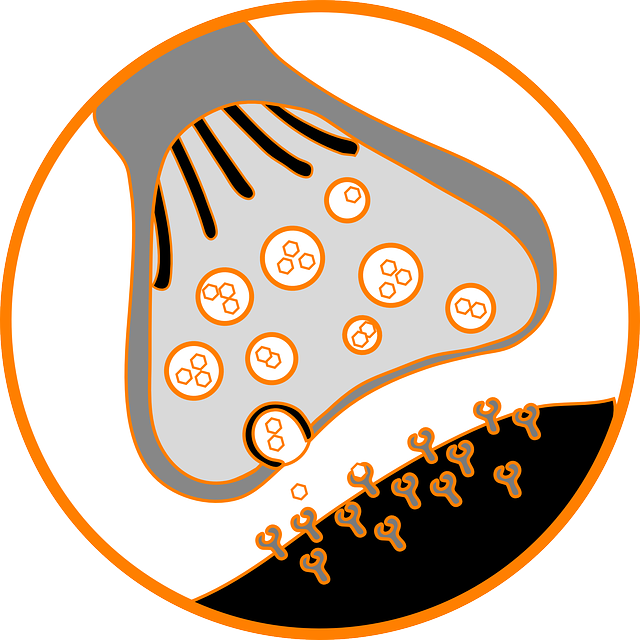What do nerve agents do?
Question from Thea Winters
Nerve agents are organophosphorus chemical weapons. They work fastest when they get into the blood through the lining of the lungs, but they can also infiltrate the body via the skin. They interact with an enzyme called acetylcholinesterase, stopping it breaking down a chemical called acetylcholine. Nerve cells use acetylcholine to send messages, and without the enzyme they can’t turn the messages off. At low doses, this causes a runny nose, headache and slurred speech. At higher doses, it becomes hard to breathe. Nerve agents paralyse muscles and interfere with the respiratory centres in the brain. Treatments try to reverse the damage by reactivating the enzyme and blocking the acetylcholine signals.
Answered by Laura Mears for Brain Dump in How It Works issue 117
To feature in our Brain Dump section, send us your questions to [email protected] or message us on Facebook or Twitter
For more science and technology articles, pick up the latest copy of How It Works from all good retailers or from our website now. If you have a tablet or smartphone, you can also download the digital version onto your iOS or Android device. To make sure you never miss an issue of How It Works magazine, subscribe today!






